Ghanaians and Diasporans Come Together to Remember George Floyd in Memorial Service
Friday June 5, 2020 – DuBois Centre Accra
Together with the Diaspora African Forum, the Beyond the Return/Year of Return team, Ghana Tourism Authority, the African American Association of Ghana, the Diaspora Affairs Office, members of the diaspora community and some Ghanaians, a ceremony was held in memory of George Floyd, the African American who was killed by police in the United States. Floyd’s killing was captured on video and has sparked protests and rallies from people of all races around the world.
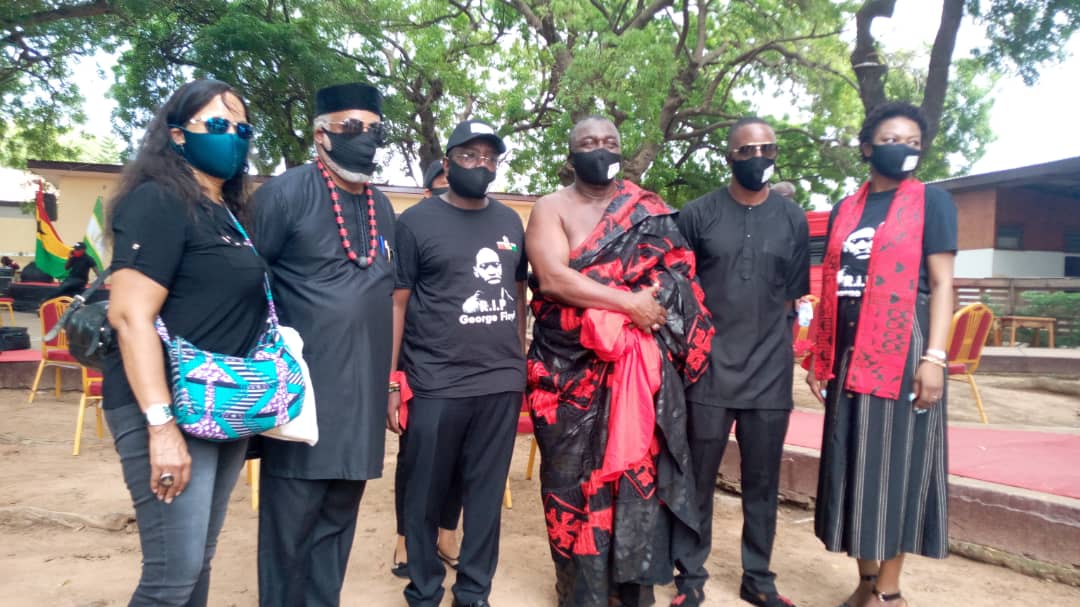
The memorial service in Ghana was held on the grounds of the W.E.B. Dubois Centre on the morning of Friday 5thJune 2020. Floyd’s name was also memorialized on the wall at the Diaspora African Forum, where other people from the diaspora have their names forever remembered. The service shed light on the negative experiences of African Americans and all black people from around the world, due to racism.
Hon. Barbara Oteng-Gyasi, Minister of Tourism, Arts and Culture, delivered a message that resonated with the diaspora community. She spoke of the injustices that face black communities not only in America but in other parts of the world. “We gathered to pray and remember as Martin Luther King said, ‘Injustice anywhere, is a threat to justice everywhere,’” she said. “We continue to open our arms and invite all our brothers and sisters home, Ghana is your home. African is your home. We have our arms wide open, ready to welcome you home,” she said with her arms spread, “…Africa is waiting for you.”
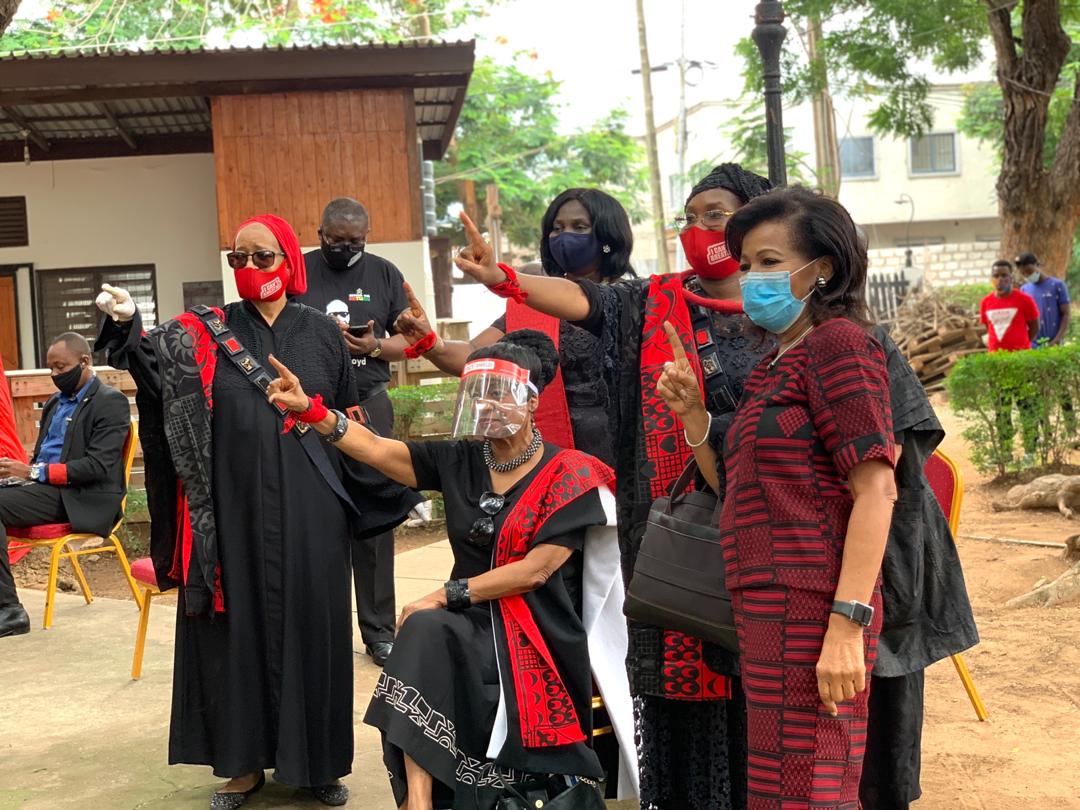
Ambassador Erieka Bennett, Head of Missions at the African Diaspora Forum, spoke of the pain felt by black people because of the ongoing injustices. Coming together was important in remembering not only George Floy, but the many others who have lost their lives in a senseless way because of systemic racism. “We have got to touch the conscience of the world to stand with us now,” Ambassador Bennett said.
Our brothers and sisters of African descent have suffered the long-lasting effects of racism, which is rooted in the history of the enslavement of Africans. Last year, Ghana commemorated the 400-years since the first documented ship of enslaved Africans arrived in the English colony, which is now Virginia, U.S.A. Thousands of African Americans and others from the global African family, travelled to Ghana to commemorate and to honour the resilience of the African spirit. It’s only natural, that we stand in support of our global African family as they face struggles and fight for change. Our community also acknowledges that many Ghanaians and other Africans also live in America and other parts of the world where they too are victims of the same systemic racism
Rabbi Kohain, Executive Director for PANAFEST Foundation, was one of the speakers during the memorial service. “This is not a fight just for African Americans, not a fight just for African people, but it’s a fight for humanity,” Kohain told the media after the service. He spoke on how important it was for Ghana to perform this exercise because other African countries often take their lead from Ghana, having been a country known for its Pan Africanism. “The justice that we seek is a justice that sees every human being equal before the eyes of the law. It’s not just about specific individuals but about the systemic institutions that have supported racism,” he said.
“Ghana has taken the leadership role on honouring and doing this…and we want to thank the Minister for the wonderful message she gave,” said Ambassador Erieka Bennett. “The message is ‘We are one’ regardless of where you’re from, if you are a black person you are an African and that’s the message, we want people to understand.”
Diaspora Community In Ghana Protest In Solidarity With Black Community In U.S.

It has been heartbreaking as Africans to see our brothers and sisters in the diaspora, living in America continuing to suffer injustice. The killing of George Floyd has sparked worldwide protests in support of African Americans. Over the last few days, Floyd’s killing has sparked outrage across the U.S. and worldwide, leading to many protests, rallies and petitions for change.
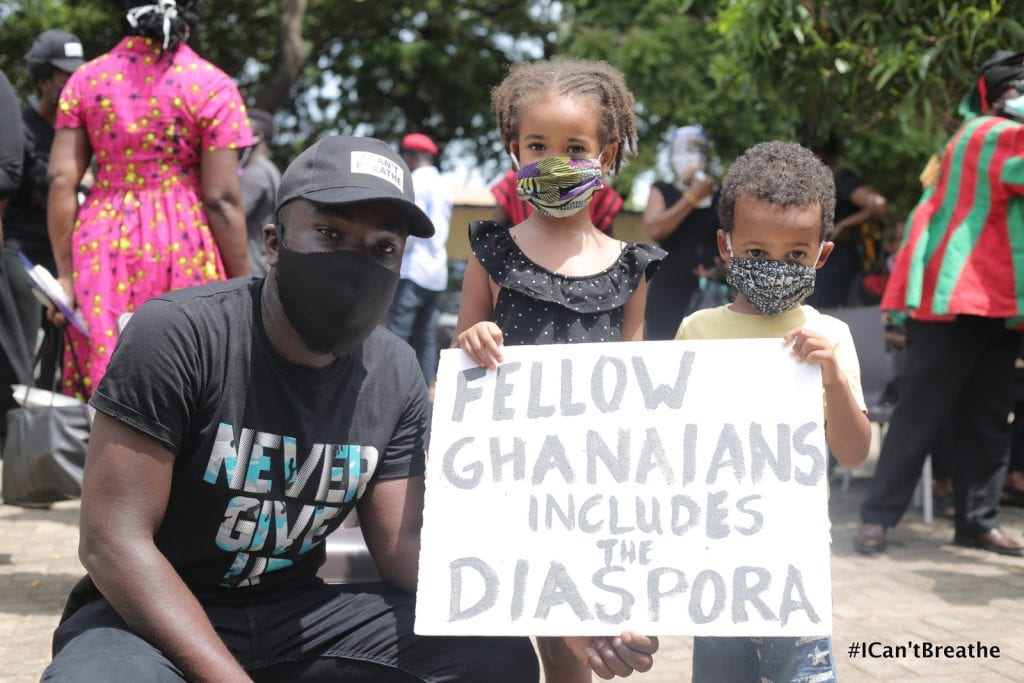
On the morning of June 1, 2020, a peaceful protest was organized and attended by representatives of the diaspora and local Ghanaian community to lend our voices to the ongoing issues affecting the black community. Ambassador Erieka Bennet, Head of Mission at Diaspora African Forum, Akwasi Agyeman, CEO of Ghana Tourism Authority and Coordinator for Beyond the Return, Rabbi Kohain, Executive Secretary for the Panafest Foundation, Jermain Nkrumah of Diaspora Network Television and Rev. Dr. Princess Ocansey, Migration Expert of Diaspora African Forum on the African Union Labour Advisory were key speakers at the protest. A petition signed by all attendees was delivered to the U.S. Embassy.
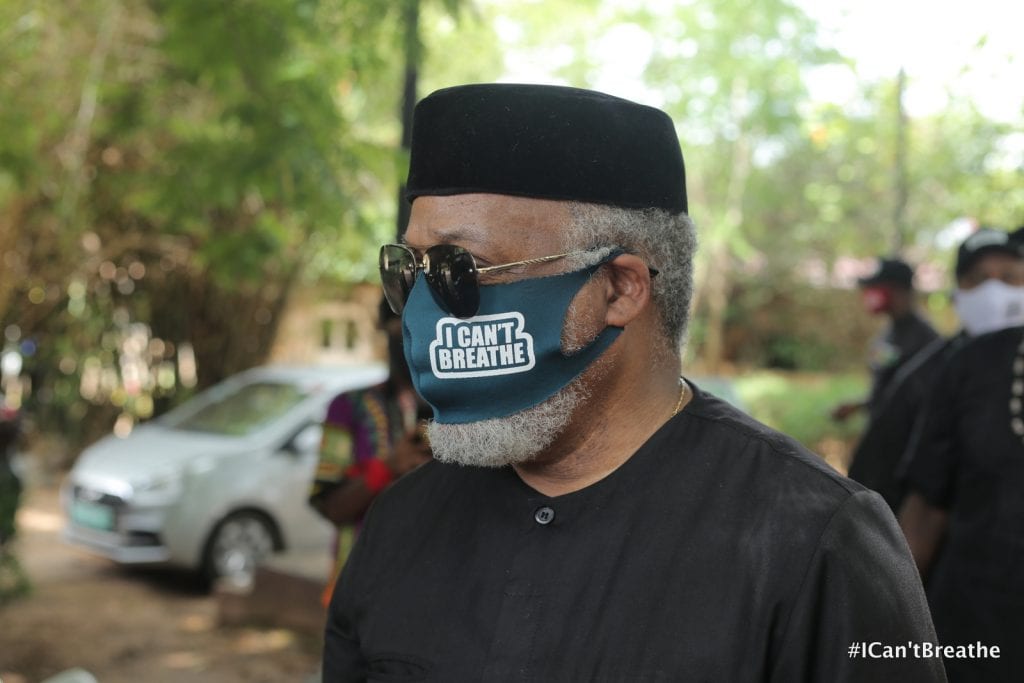
Last year, Ghana continued to strengthen its bond with the diaspora with its Year of Return campaign which saw many diasporans visit not only Ghana but several other African countries. Ghana thus paved the way and many have also welcomed the statement released on the President’s social media handles related to the killing of George Floyd.
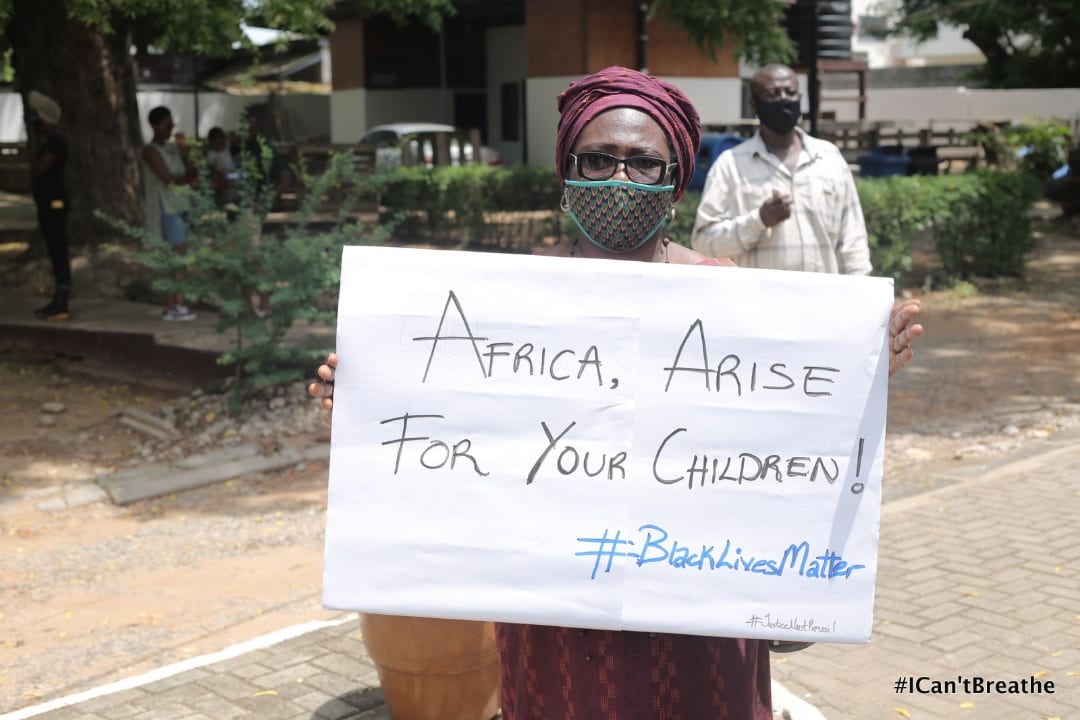
In a related new, President Nana Addo Dankwa Akufo-Addo, released a statement through his social media expressing his deep condolences in the death of George Floyd. He said, “It cannot be right that, in the 21st century, the United States, this great bastion of democracy, continues to grapple with the problem of systemic racism.”

‘Beyond The Return’ Steering Committee Inaugurated
The Minister of Tourism, Arts and Culture, Barbara Oteng-Gyasi has inaugurated a Cross-Sectional Steering Committee to work with the Ghana Tourism Authority in the implementation of the “Beyond the Return” project.
‘BEYOND THE RETURN’ is a follow-up to the successful ‘YEAR OF RETURN, GHANA 2019’ campaign which commemorated the 400 years of the first enslaved Africans arriving in Virginia, USA, spearheaded by the President of the Republic of Ghana, His Excellency Nana Addo Dankwa Akufo – Addo.

Inaugurating the Committee, the Minister indicated the trust the Ministry had in the team assembled. The Project Coordinator, Mr. Akwasi Agyeman, CEO of the Ghana Tourism Authority recounted the successes of the “Year of Return” and indicated COVID-19 has provided a new challenge to the implementation of the project but the Authority is poised to work with other stakeholders to ensure success.
BEYOND THE RETURN’ is based on seven (7) pillars namely, Experience Ghana, Invest in Ghana, Brand Ghana, Celebrate Ghana, Pathway to Ghana, Give Back to Ghana and Improve Tourism and Heritage Assets.
Representatives from Ten (10) institutions who constitute the Steering Committee would ensure the successful execution of the campaign.
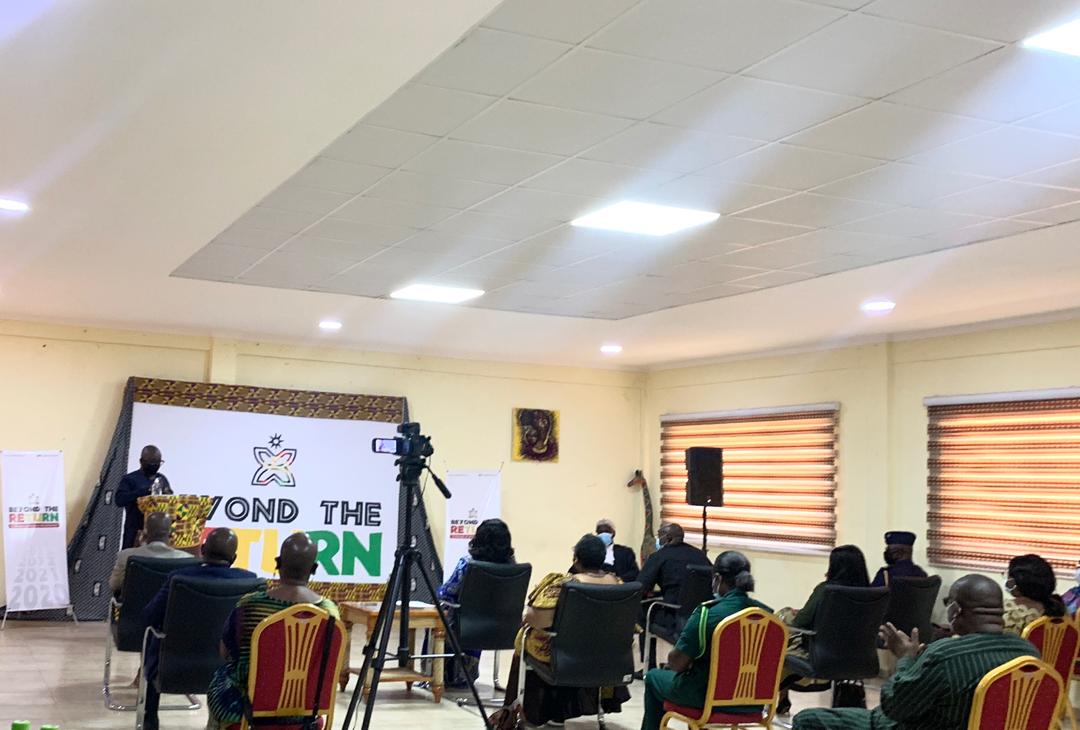
The Committee members include Lawyer Kwame Boateng (GTA Board), Akwasi Awua Ababio (Diaspora Affairs, Office of the President), Lawrence Azumah (National Security), Barbara Benisa (KLM Royal Dutch), Esi Sutherland-Addy (PANAFEST Foundation), Edith Penelope Arhin (Ghana Immigration Service), Jessica Ayivor (AAAG), Khadija Iddrisu (Foreign Affairs), Ekow Sampson (GTA), Amy Appiah Frimpong (National Theatre of Ghana), Ben Anane Nsiah (GTA), Kingsley Ofosu Ntiamoah (GMMB), Roberta Dawson-Amoah (GTA), DCOP/Dr. Sayibu Pabi Gariba (Ghana Police Service), Dentaa Amoateng (GTA Board), Yofi Grant (GIPC) and Akwasi Agyeman (GTA) who is also the Project Coordinator for the Steering Committee.
READ MORE: ABOUT BEYOND THE RETURN AND THE 7 PILLARS
‘BEYOND THE RETURN’ is not only to promote tourism but to foster economic relations, trade and investments from the diaspora in Africa and the world at large.
All About African Beads
The term African Beads is used to refer to both beads locally produced by indigenous people of the African continent and Trade Beads that have travelled from other parts of the world and now circulate or were recently sourced from Africa.
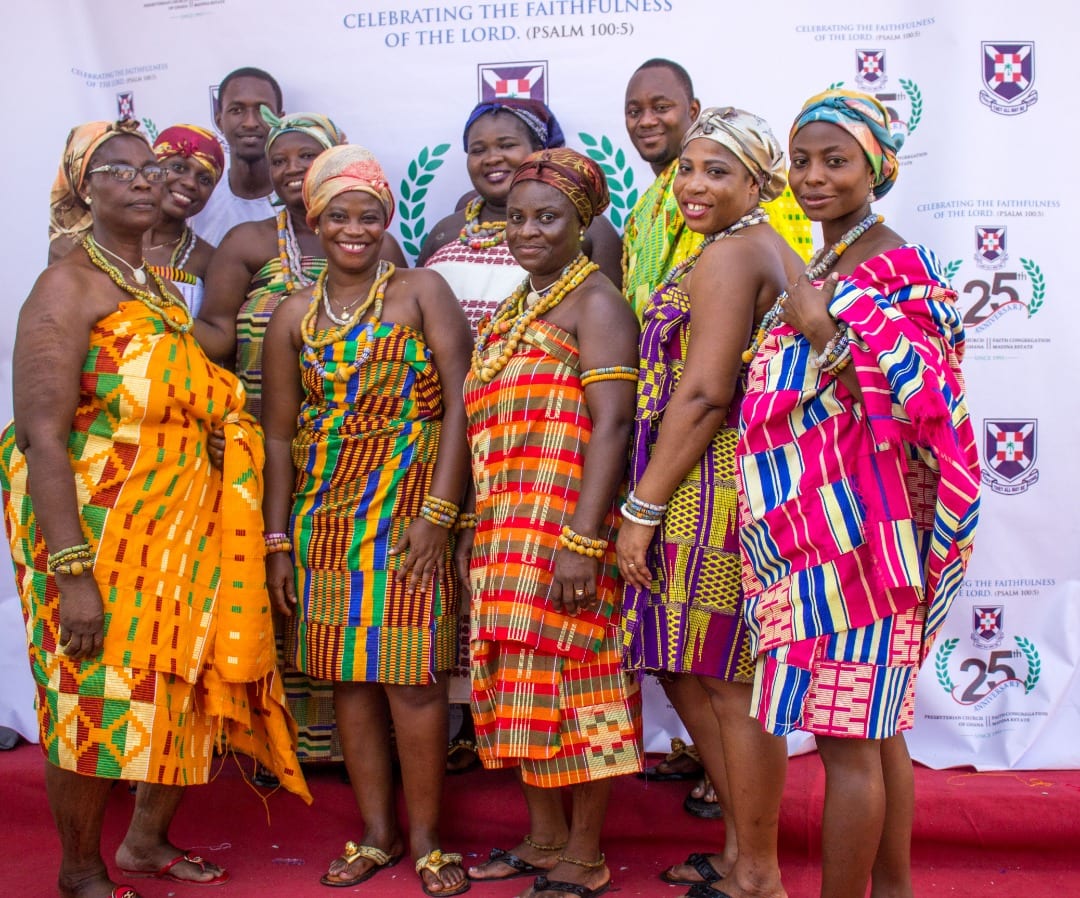
Together, these beads have played an enormous role in the culture, fashion, economy and artistic expression of the African people. Today, they are cherished by collectors, jewellery makers, and everyday people who just love wearing African beads! African tribal beads and glass beads also hold a special mythical significance as well.
Beads and Bead- making have a long history in Africa. Beads have been made by indigenous Africans for thousands of years. In ancient times, Egyptians, Greeks, and Indians established trading bases in East Africa and eventually the Arabs invaded in the eighth century and established trade routes with the wealthy kingdom of Ghana in modern-day Mauritania. The Arabs brought glass beads to the Niger Delta to trade for gold and slaves.
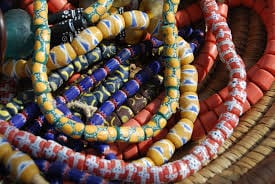
The modern production of beads is in some sense a family tradition, where tools and techniques are passed from one generation to the next. Bead-making is a labour-intensive process and since many beads are hand-made, there is variability in the appearance of individual beads even within a single strand.
African beads are made from a diverse array of materials. Some of the oldest beads were made from natural materials such as stones, clay, plant materials such as doum palm nuts and bamboo stems, animal materials such as ostrich eggshells, bones such as the Bank Batik Bone bead of Kenya, buffalo horn, and marine shells such as the Conus.
Due to its long history, beads continue to play a role in many traditional rites and ceremonies such as coming-of-age, circumcision, marriage, burial, and local festivals.
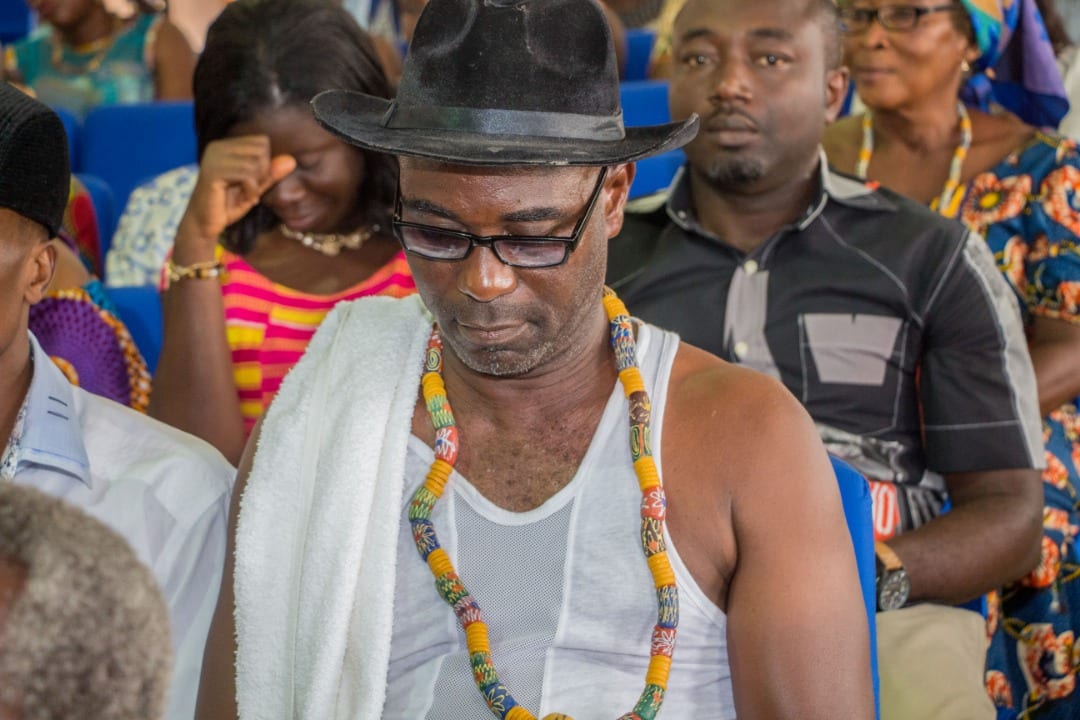
The number of different African and African Trade Bead varieties in existence today is enormous. Any attempt at classification is further complicated by the fact that many beads have been reworked and redecorated over time to conform to local tastes and preferences. Some of the most well-known varieties of African beads today are Krobo Beads, Kakamba Beads, Mali Clay Beads and Mali Wedding Beads, Chevrons, Millefiori, Vaseline Beads, White Heart Beads, Kiffa Beads, and Hebron Beads.
Africa’s fascinating bead history predates the African Trade Bead era by over 75,000 years; the first known examples found in the Blombos Cave, on the South African coast (near Cape Town) in 2004. Archaeologist Chris Henshilwood uncovered a wealth of ancient artifacts, including the first known beads for decorative purpose made from the shell of Ostrich eggs.
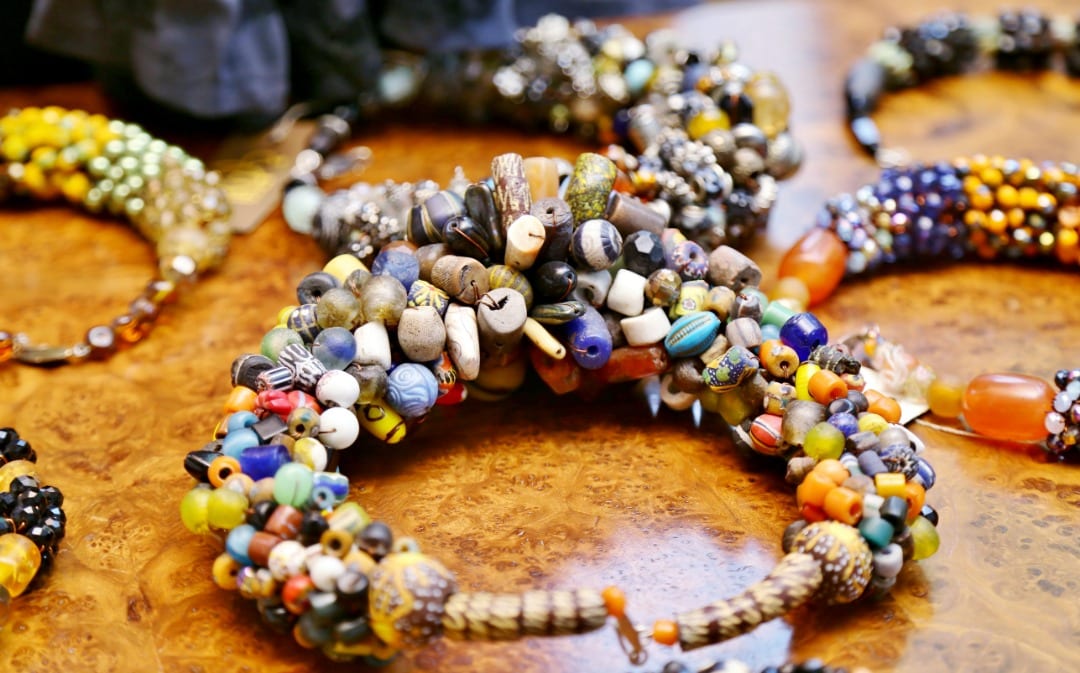
Similar beads thought to be over 12,000 years old have been found within Kenya, Libya and Sudan adding evidence to the history of the Turkana people who once recognised such beads for their value as currency. Egg-shell beads would be presented to women as part of their dowry prior to marriage. It is also thought such bead-strands were exchanged for cattle and goods in the region. Cowrie shell beads and Bone Beads are thought to be among the first types of beads used for trade purposes within Africa, until the 4th Century B.C when glass beads found their way into Africa from Egypt and Western Europe.
Evidence of the glass bead production which dominated the African economies for nearly 700 years has been found within both Egypt and South Africa, dating back to the 9th Century. These minuscule beads were woven into the opulent collars, head-dresses and robes worn by Royal family members, courtiers and those of nobility. Burial sites such as the Valley of The Kings have allowed us to uncover a significant wealth of jewellery and decorative artifacts which were made from glass. Glass beads also made their way into Africa from Portugal during the 4th Century, the unofficial beginning of Africa’s booming trade era.
It is not until the 12th Century that we see real evidence of glass bead production within the notable manufacturing areas of today, such as Ghana, in the Krobo land, Ethiopia and Nigeria. The methods used within this production are not dissimilar to those practised today for Recycled Glass Bead production; where ground particles are compacted prior to firing. The early method is referred to as wet-core powder glass bead production and was a painstakingly slow process. Such beads allowed tribesmen to ply trade with neighbouring regions, but were predominantly used for rituals, rites of passage ceremonies and holistic healing.
From the 14th Century, explorers began landing upon the shores of South Africa bringing with them colourful glass beads to trade for the safe passage through regions and eventually for the riches of this foreign land which included palm oil, fur and spices.
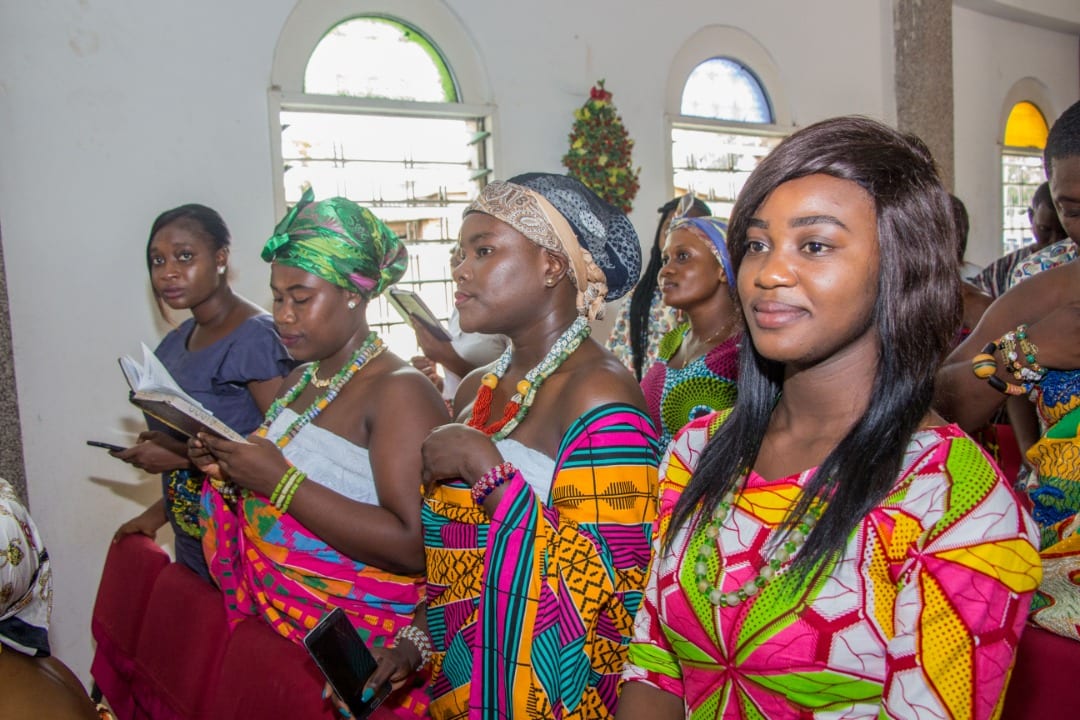
The market for slaves is also thought to have developed during these early years, and would soon become fundamental in boosting Africa’s regional economies. The production of Africa’s currency began to increase within Venice during the 1500’s. Stripped Chevrons were the most common product of this era, although Millefiori Beads found particular favour with African tribal chiefs during the close of the century. The Millefiori boom would last a further 400 years.
Africa’s Golden Trade Era stretches from 1700 to 1920; a period that saw the highest levels of trade and economy in history. Venetian Trade Beads were often referred to by their pseudonym slave beads due to the high value they realised in exchange for slaves. Doughnut and Pineapple shaped Chevron Beads with colours range from 4-12 in number were among the most common. However, pale Venetian Ghosts, King Chevrons and Elbow Millefiori Beads were also among the most prized
Source: Graphic Online
Prudential Bank Donate PPEs To Players In The Tourism Industry
Government considering intervention for hospitality industry – Akufo-Addo
The president, Nana Akufo-Addo says government is in the process of designing a unique model of intervention to be applied to the hospitality industry following the outbreak of COVID 19.
According to the President, government’s intervention is more crucial in these times especially in the wake of challenges such as the low patronage of hotels and tourism sites.
Speaking at a meeting with players in the hospitality industry at the Jubilee House on Tuesday, Nana Akufo-Addo reiterated his administration’s commitment to ensure the survival of the hospitality industry in the face of the difficulties presented by the COVID-19.
“I think it is well understood that the hospitality sectors has been one of the hardest hit. Everybody has been very badly hit by this pandemic. We as a government have to have a clearer understanding of where we have and then, of course, to see to what extent our intervention can help redress the situation,” he said.
In April, the Ghana Hotels Association urged the government to support the payment of staff of its members who have been asked to stay home due to low patronage of their facilities.
Give us support
The President of the Ghana Hotels Association, Dr. Edward Ackah-Nyamike said hotel managers may be compelled to lay off workers and stop paying salaries due to challenges associated with COVID-19 including the lockdown.
The stimulus package we are talking about is more or less about how to maintain our staff. A lot of the hotels have been able to pay salaries for the month of March but the challenge is going to be one of April. Quite a number of them have shut down and the big question is what happened to the staff. So we are hoping that, if possible the government could support paying some of the staff members and keep them on the payroll so that when things get better. We don’t want to lay off workers after all the investment in training and then when things change we have to go and recruit again which will be far more expensive. We are not asking for full salary support but something that can sustain them,” he said.
Some major hotels in Accra have already shut down their operations due to low patronage.
Prior to this, some laid-off casual workers, and were preparing to cut down on permanent staff to be able to sustain their operations.
Source: Citinewsroom
Tourism Minister announces a raft of measures to support hospitality industry
The National Board for Small Scale Industries (NBSSI) will from May begin the disbursement of some GH¢600 million to micro, small and medium enterprises in the hospitality industry.
Minister for Tourism, Creative Arts and Culture, Barbara Oteng Gyasi, revealed on Thursday evening that initial engagements between NBSSI and industry players have been fruitful.
Speaking on the business edition of Joy News’ PM Express, the Minister explained that the relief package will be advanced as a flexible loan to industry players who are members of identifiable trade associations.
“It is for companies which have employees from one to a maximum of 100. That is the target of this fund so it is going to be given out as loans depending on the applications submitted by the companies. It will have a moratorium period of one year to be repaid over a two-year period,” she said.
During the discussion on the disruption caused by the pandemic on the industry, three players in the sector shared details of the specific challenges they have had to deal with.
General Manager of the Movenpick Hotel, Adnan Yucel; Manager of Jamrock Restaurant and Bar, Elizabeth Olympio-Emanuel and CEO of Twist Group, Kwame Goka took turns to recount devastation triggered by the pandemic on their bottomline and how they have been dealing with the challenges.
The Tourism Minister said government was well aware of the challenges and assured them there is commitment by her outfit to ease the pressure caused by the pandemic.
Apart from the loan facility, the Minister said that a grant component from a World Bank project dubbed Tourism Development Project will further cushion players within the hospitality sector.
“We have had an engagement with the World Bank. There is a grant component within that which we are also looking at disbursing to support the operators within this sector
“Then the government has also requested that we submit to it an impact study on our sector. Government is going to look at this impact study, along with the recommendations which industry has made to us and regarding how they want the government to support them,” she said.
Barbara Oteng Gyasi said relief packages to big firms within the industry may come in the form a waiver in levies and charges or even taxes.
“So we have compiled this and we are going to submit it to government,” she assured.
Source: MyJoyOnline
100% Of Global Destinations Now Have Covid-19 Travel Restrictions – UNWTO Report
The COVID-19 pandemic has prompted all destinations worldwide to introduce restrictions on travel, research by the World Tourism Organization (UNWTO) has found. This represents the most severe restriction on international travel in history and no country has so far lifted restrictions introduced in response to the crisis.
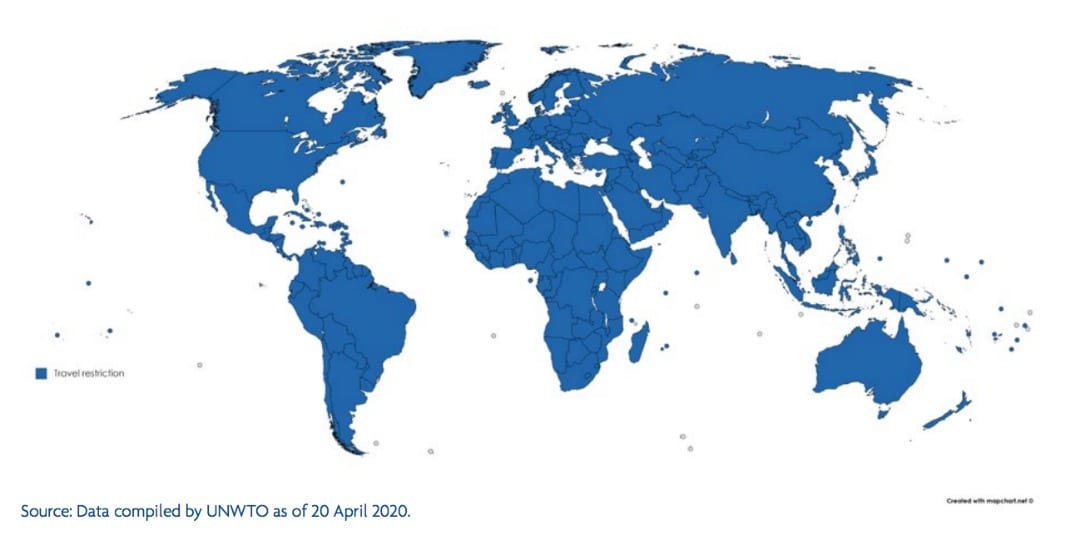
Following up on previous research, the latest data from the United Nations specialized agency for tourism shows that 100% of destinations now have restrictions in place. Of these, 83% have had COVID-19-related restrictions in place already for four or more weeks and, as of 20 April, so far no destination has lifted them.
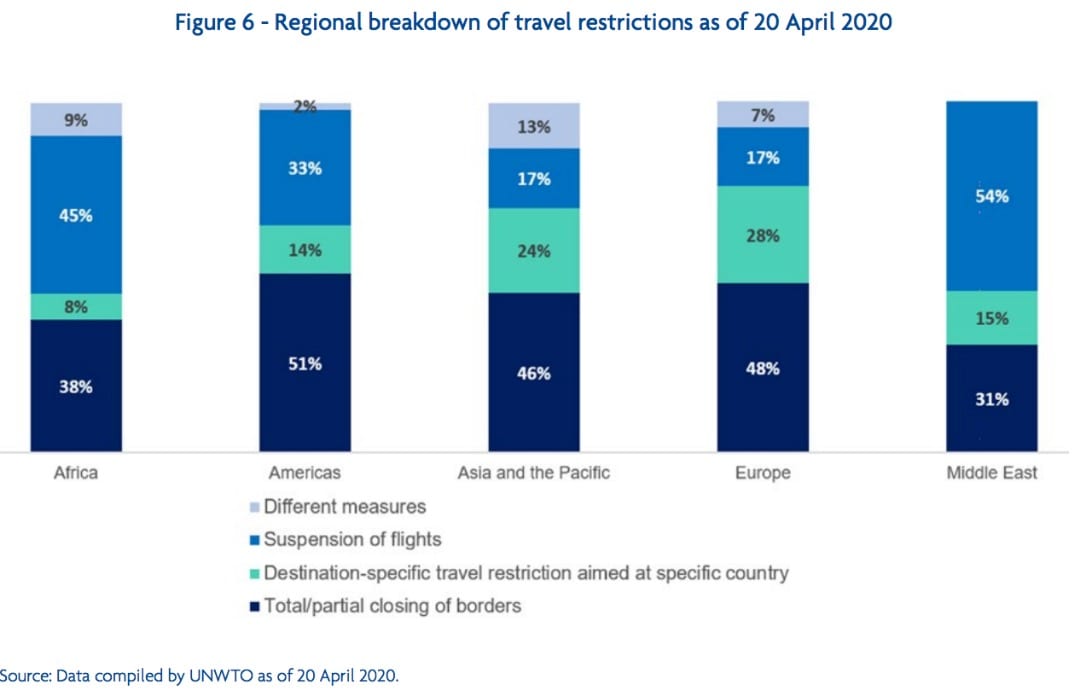
UNWTO Secretary-General Zurab Pololikashvili said: “Tourism has shown its commitment to putting people first. Our sector can also lead the way in driving recovery. This research on global travel restrictions will help support the timely and responsible implementation of exit strategies, allowing destinations to ease or lift travel restrictions when it is safe to do so. This way, the social and economic benefits that tourism offers can return, providing a path to sustainable recovery for both individuals and whole countries.”
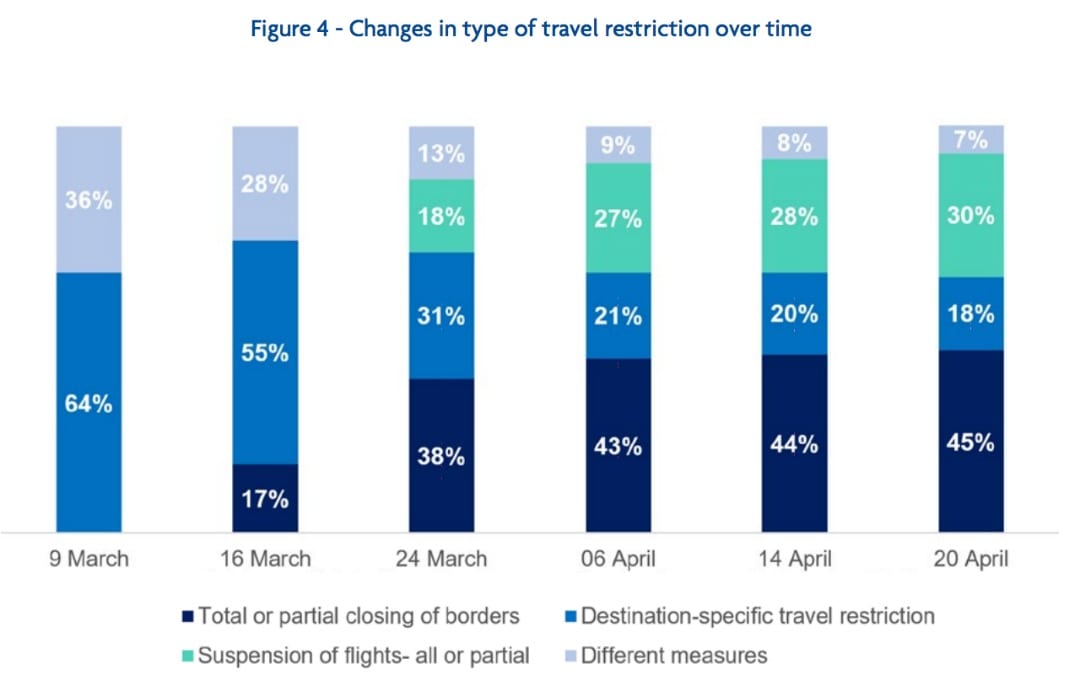
Tracking Restrictions by Time and Severity
The social and economic benefits that tourism offers can return, providing a path to sustainable recovery for both individuals and whole countries.
As well as a general overview, the UNWTO research breaks down the type of travel restrictions that have been introduced by destinations in all of the global regions, while also plotting the evolution of these restrictions since 30 January – when the World Health Organization (WHO) declared COVID-19 a Public Health Emergency of International Concern. The latest analysis shows that, of 217 destinations worldwide:
- 45% have totally or partially closed their borders for tourists – “Passengers are not allowed to enter”
- 30% have suspended totally or partially international flights – “all flights are suspended”
- 18% are banning the entry for passengers from specific countries of origin or passengers who have transited through specific destinations
- 7% are applying different measures, such as quarantine or self-isolation for 14 days and visa measures.
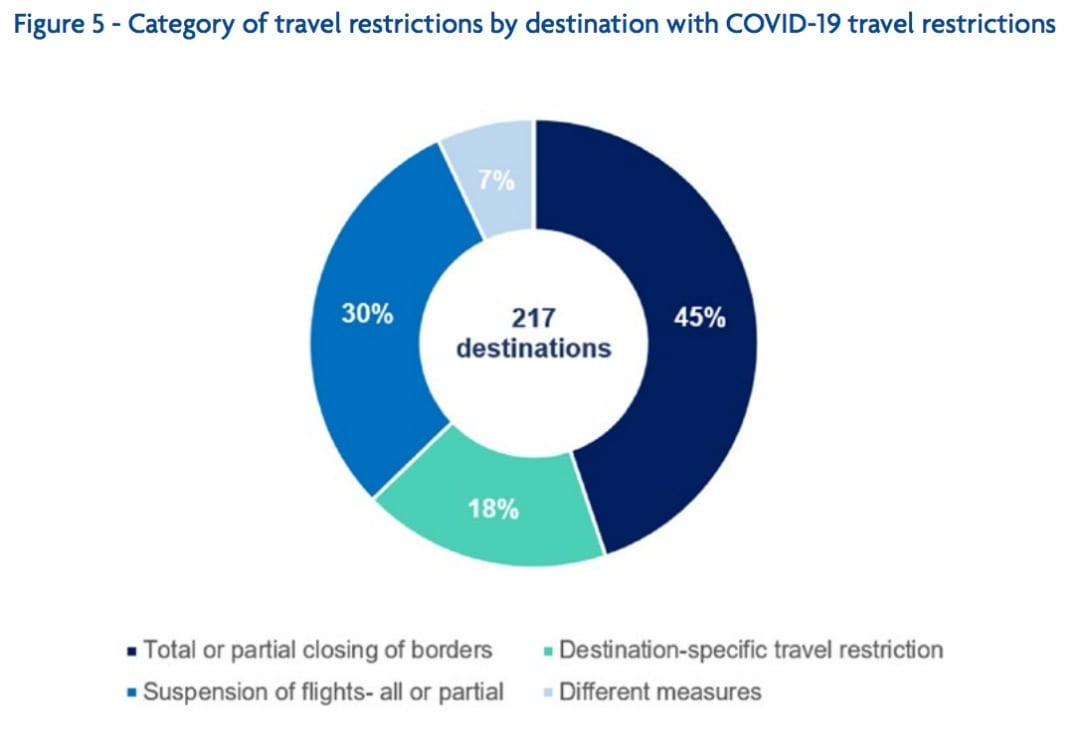
Against this backdrop, UNWTO has been leading calls for governments worldwide to commit to supporting tourism through this unprecedented challenge. According to Secretary-General Pololikashvili, the sudden and unexpected fall in tourism demand caused by COVID-19 places millions of jobs and livelihoods at risk while at the same time jeopardising the advances made in sustainable development and equality over recent years.
Source: UNWTO
Tourism Joint Committee On COVID-19 Presents Report To Minister Of Tourism
A joint committee of GTA and GHATOF that was set up by the CEO of GTA , Mr. Akwasi Agyeman to look at the impact of COVID-19 on the Tourism and Hospitality Industry and also recommend ways to improve the industry post COVID- 19 have submiited their report to the Minister of Tourism, Arts and Culture.
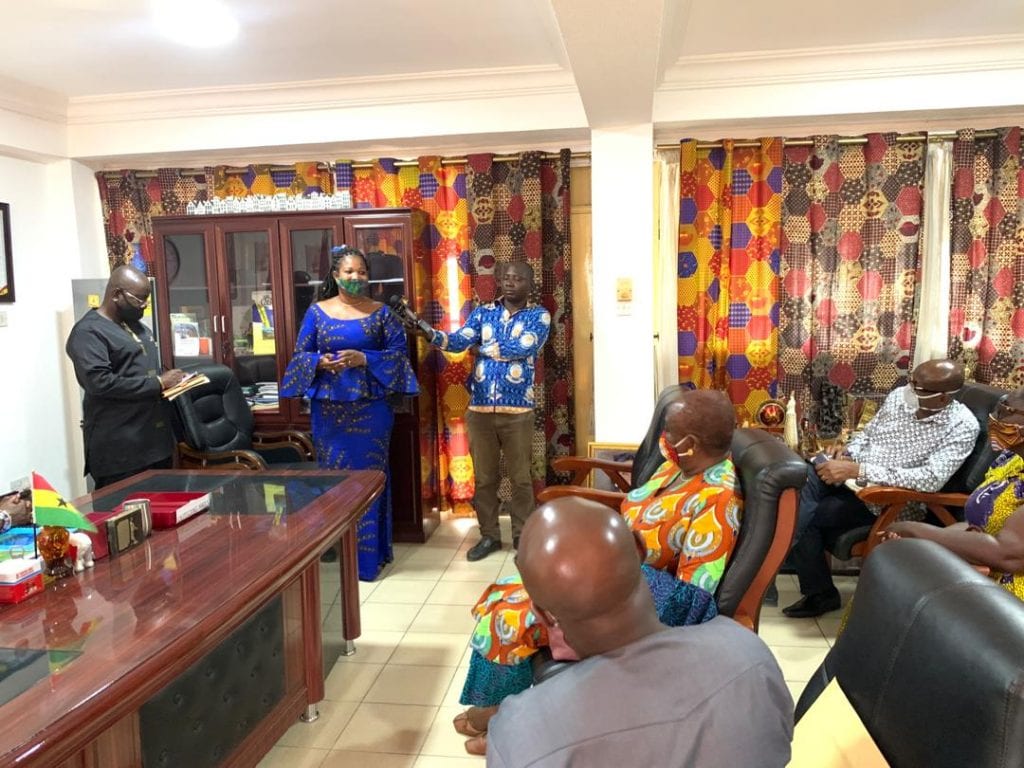
This Committee was Chaired by the Deputy CEO in charge of Operations, Mr Ekow Sampson with the following as members:
Madam Bella Ahu, President of GHATOF
Mrs Stella Appenteng, Managing Director, ApstarsTours
Mrs Roberta Dawson-Amoah, GTA
Mrs Betty Kobi,GTA
Mr Ben Anane Nsiah,GTA
Mr Spencer Doku, GTA
Dr. Edward Ackah- Nyamike Jnr., President of Ghana Hotels Association(GHA)
Mr. Kwesi Eyison, President of Tour Operators Union of Ghana (TOUGHA)
Mr. Emmanuel Frimpong, Executive Secretary, GHATOF.
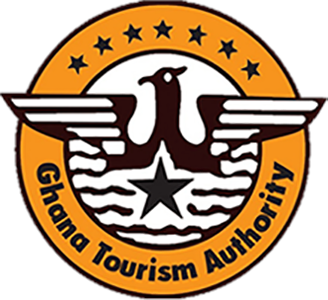

 Call Center
Call Center
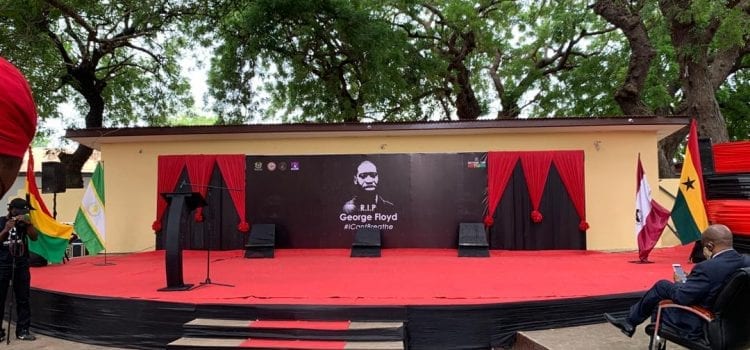
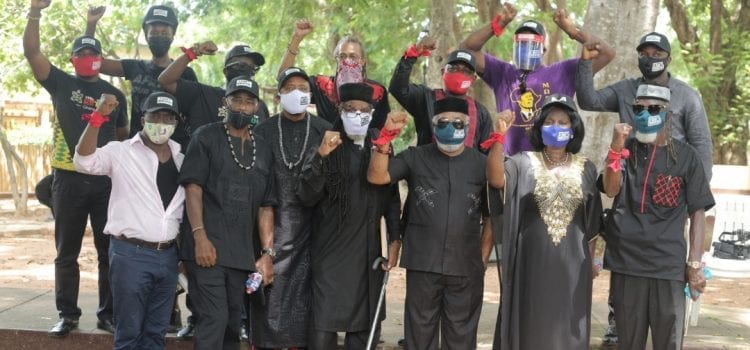
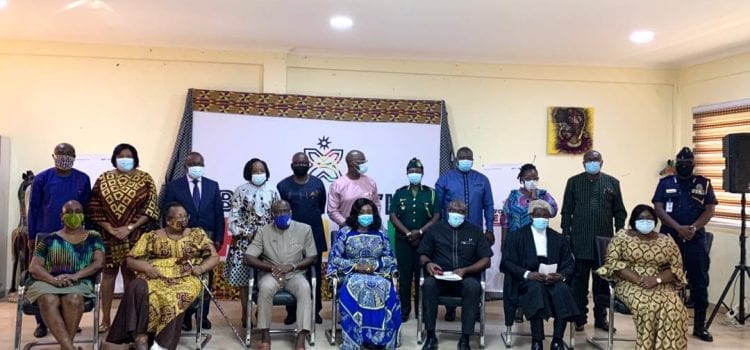

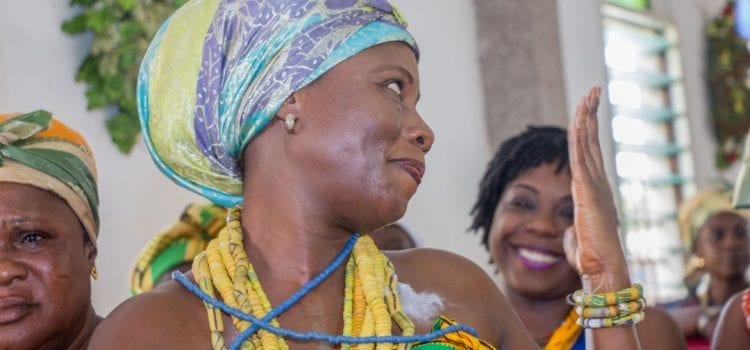
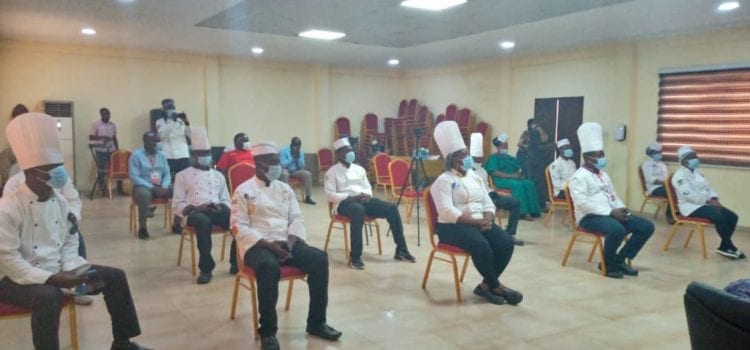
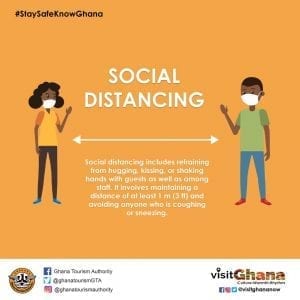
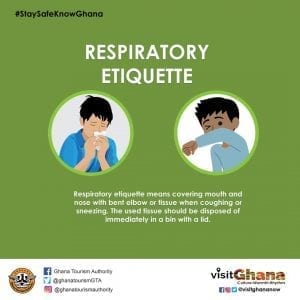
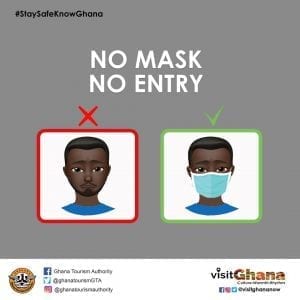
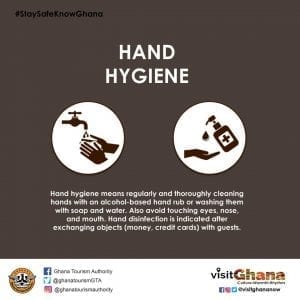
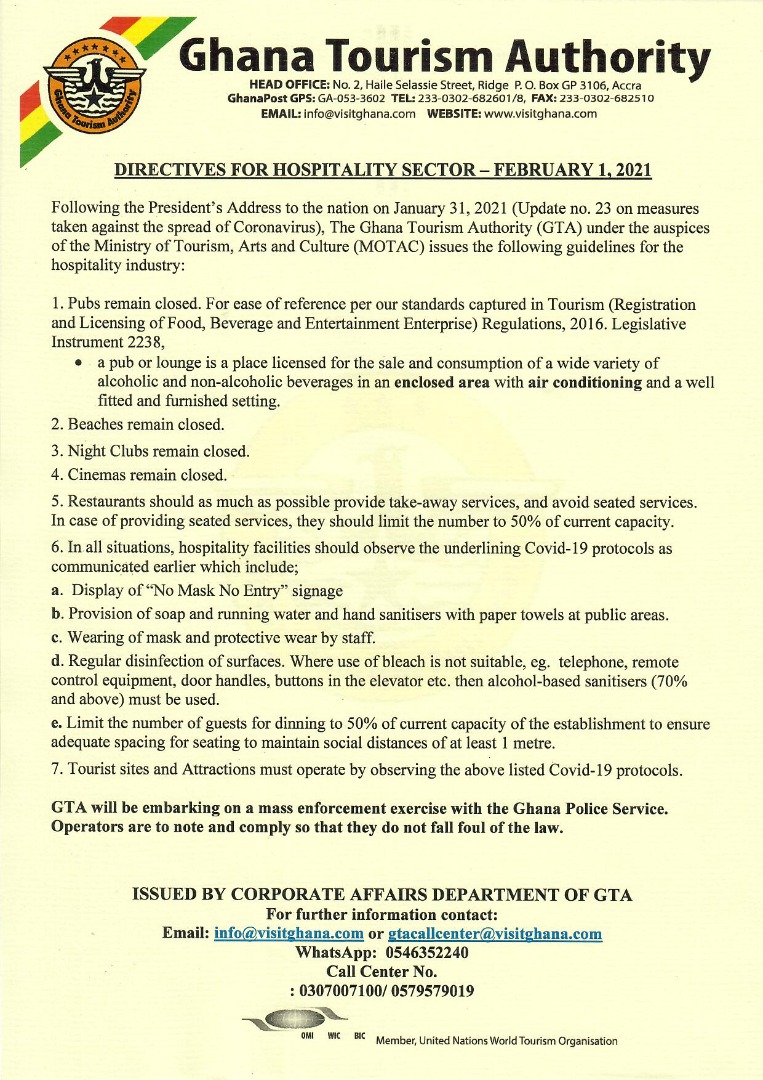
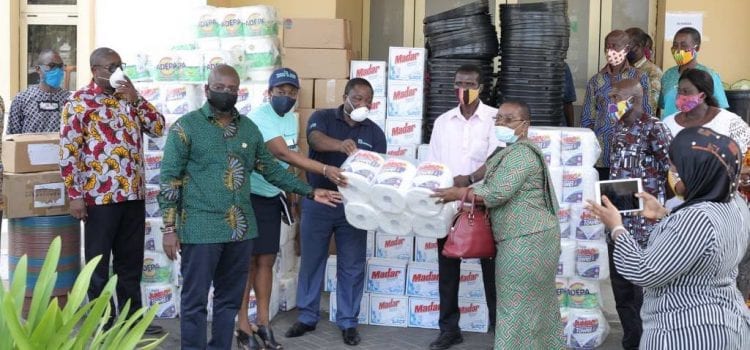
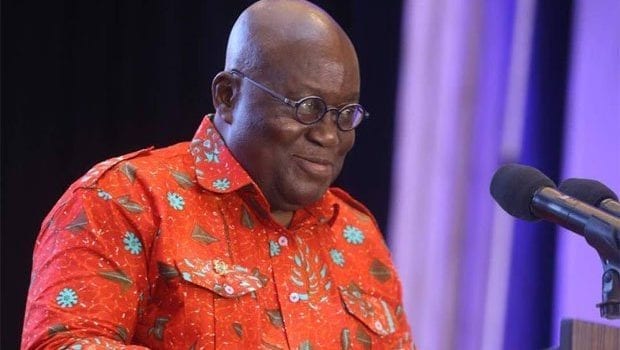
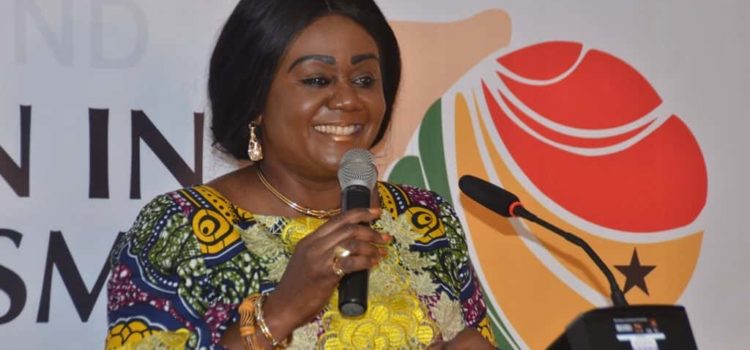


 Call Center: 0307007100
Call Center: 0307007100